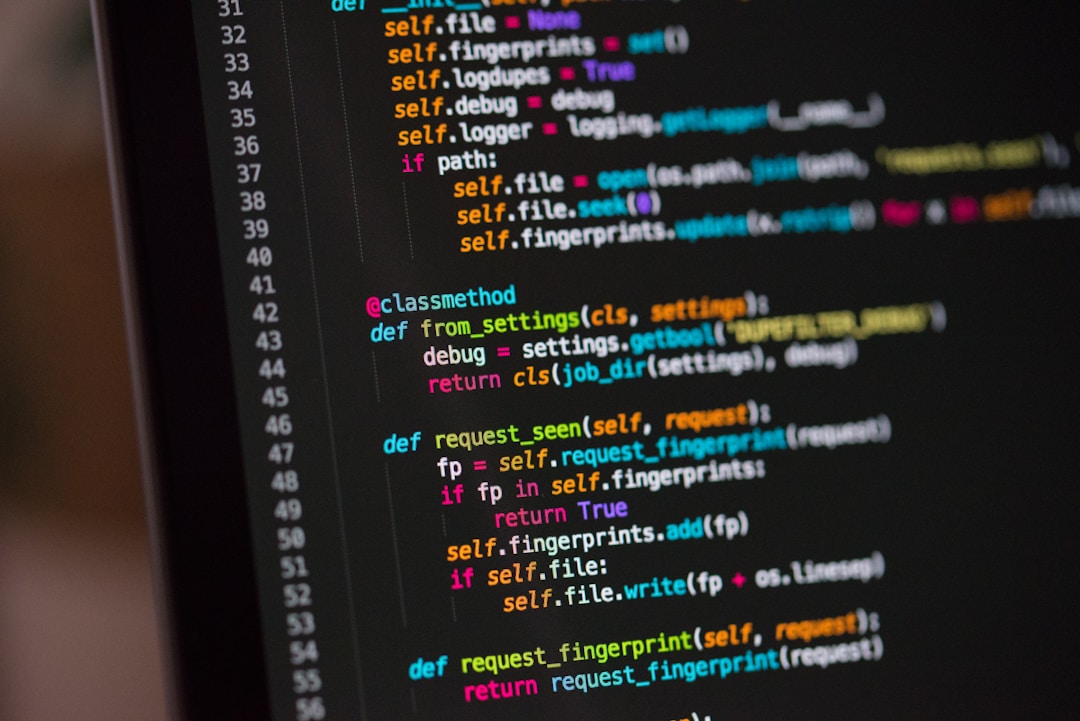5 Reasons Why Any Programmer Should Learn Python
Software developers use programming languages to design computer software. There are many programming languages out there, including Java, Python, C, and C++. Python is unarguably one of. the most widely used because of its simplicity and versatility. It has an extensive array of applications, including web and game development, machine learning, artificial intelligence (AI), and scientific computation.
Also, it’s one of the easiest programming languages to learn because of its readable code and user-friendly interface. Every programmer, regardless of skill-set, should know how to use Python coding language. Below are five reasons why we think so.
1. It comes with a large number of frameworks.

One of Python’s standout features is its sheer amount of frameworks, modules, and libraries. The standard Python framework is home to over 125,000 third-party libraries which contain helpful information and resources in diverse fields such as web development, artificial intelligence (AI), data analysis, and academic research.
Data scientists also have access to numerous specialist libraries. For instance, numpy arrange in Python (otherwise known as NP), is just one example. Other libraries include Biopython, EarthPy, PyGame, and Astropy. All in all, developers who use this coding language can access any of these resources to complete their tasks without encountering many difficulties.
2. It helps resolve machine learning classification problems.
Classification problems are common in data science and machine learning. Logistics regression is an effective method of solving many linear regression and classification problems, including spam detection. Data scientists can use logistic regression in Python to perform a classification algorithm that predicts the outcome of a categorical variable using dependent variables. Logistic regression is easy to implement, and the dataset is easy to understand.
There are other powerful machine learning packages that programmers can use to automate their coding processes. Some of these include scikit-learn (building and evaluating logistic regression model), pandas (data processing), and NumPy (arrays).
3. Python developers are in high demand.

According to the latest STEM trends, software developers are in high demand. Python programming language is on the rise and is projected to surpass JAVA, Ruby, C Suite, and JavaScript. Most startups and enterprise-level companies prefer Python coding language because it’s robust, innovative, and scalable. What’s more, companies like Google, Facebook, Netflix, Quora, Reddit, Amazon, and NASA use it.
The increase in demand for such developers has made it one of the most lucrative programming skills in the 21st century. Python’s value keeps increasing because of its versatility and efficacy. Analysts predict that this language will push the frontiers of AI innovation.
4. It’s not difficult to learn.
Python doesn’t use binary language (such as 0s and 1s), making it easy to read and understand. What’s more, most codes are readable due to their simple language that looks a lot like English. Furthermore, unlike Java, C++, and C, Python is beginner-friendly and has a user-friendly interface. Anyone, including those with zero programming background, can learn the coding language.
All that’s required is passion, patience, and consistency.
Of course, learning doesn’t start and end in one day. So, it would help to learn the basic syntax before choosing a niche. If you’re looking to work freelance, this coding language can help you take care of your business’s coding needs. Search for any excellent tutorial that teaches the basics and start from there.
5. It offers portability and extensibility.

One notable feature of Python is its portability. Software developers can perform cross-language tasks seamlessly using this coding language. For example, you can run a python code for Windows on a Unix, Linux, or Mac platform. What’s more, you don’t have to change or rewrite the Python code anytime you want to run it on a different platform.
Additionally, it’s also an extensible programming language, which means that software programmers can write Python codes in C++, C, or JAVA language. Not just that, you can also compile a Python code in either C++ or C language.



